The British Chambers of Commerce (BCC) has delivered a sobering revision to its economic growth forecast for 2025, slashing projections to a meager 0.8%. This downward adjustment underscores mounting concerns over the dual pressures of rising labor costs and post-Brexit tariffs, which are increasingly squeezing corporate profitability across key sectors.
Business leaders warn that the compounding effect of these challenges threatens to stifle investment and hiring at a time when the UK economy desperately needs both. The BCC's latest assessment paints a far gloomier picture than earlier government estimates, suggesting policymakers may have underestimated the structural headwinds facing British firms.
A Perfect Storm for Profit Margins
At the heart of the slowdown lies an uncomfortable convergence of wage inflation and trade barriers. Average weekly earnings grew by 6.5% year-on-year in the first quarter - outpacing productivity gains by nearly three percentage points. Meanwhile, customs checks and rules-of-origin requirements continue disrupting supply chains, with manufacturers reporting tariff-related cost increases between 8-15% on EU-bound goods.
"We're seeing profit warnings across retail, automotive and food production sectors that haven't experienced this level of margin compression since the 1970s," noted BCC Director General Shevaun Haviland. The business lobby's survey of 5,300 companies revealed 62% are now operating on thinner margins than pre-pandemic levels, with one in four considering workforce reductions to balance books.
The Productivity Paradox
Economists point to a troubling divergence between wage growth and output per worker. While nominal pay rises reflect tight labor markets and collective bargaining gains, underlying productivity has stagnated at 0.3% annual growth - well below the 2% average seen between 2000-2019. This mismatch creates what Bank of England policymakers term "the wage-price spiral without the productivity lifeline."
Service sector firms appear particularly vulnerable. Hospitality businesses report labor costs consuming 42% of revenue compared to 34% in 2019, while IT consultancies face 18-25% salary premium demands for skilled technicians. The BCC warns such pressures could force more SMEs to either raise prices aggressively or accept lower profitability - neither outcome being conducive to growth.
Trade Friction's Long Shadow
Four years after leaving the EU single market, British exporters continue grappling with the bureaucratic and financial burdens of the Trade and Cooperation Agreement. The BCC estimates that small exporters spend an additional £33,000 annually on customs paperwork alone - equivalent to hiring a junior staff member. For mid-sized manufacturers, tariff costs now represent 3-7% of total operating expenses.
"The promised 'oven-ready' trade deals have delivered marginal benefits compared to the friction we've inherited with our largest trading partner," remarked a Midlands-based automotive parts supplier speaking anonymously. His company has seen EU orders decline 22% since 2020, with German clients increasingly sourcing components from Eastern Europe.
Perhaps most alarmingly, the BCC report highlights how these pressures are distorting business decision-making. Some 38% of surveyed firms have delayed expansion plans, while 15% are actively considering relocating operations overseas - primarily to EU member states or Southeast Asia. This capital flight risk could have lasting consequences for the UK's industrial base.
Policy Crossroads
Westminster finds itself caught between competing imperatives. The Treasury faces calls for business tax relief to offset rising costs, yet public finances remain stretched after pandemic spending. Proposed solutions range from expanding R&D tax credits to sector-specific wage subsidies, though economists caution such measures may provide temporary relief without addressing structural issues.
Trade policy presents even knottier challenges. While renegotiating the Brexit deal remains politically toxic, the BCC urges pragmatic fixes like mutual recognition of product standards and streamlined customs procedures. "Businesses aren't asking for a reversal of Brexit," Haviland stressed, "but for the government to remove the self-imposed barriers harming our competitiveness."
The Bank of England's dilemma compounds these challenges. With inflation proving stickier than anticipated, further interest rate hikes could exacerbate firms' borrowing costs. Yet pausing monetary tightening risks entrenching inflationary expectations - particularly in services where wage growth remains robust.
Sectoral Fault Lines
Not all industries face equal pressure. The report identifies clear winners and losers in the current environment. Pharmaceutical and aerospace firms benefit from long-term contracts and specialized workforces, insulating them from immediate cost pressures. Conversely, labor-intensive sectors like social care and logistics operate on razor-thin margins with limited pricing power.
Regional disparities also emerge starkly. London and the Southeast show relative resilience thanks to concentration in high-value services, while traditional manufacturing hubs in the North and Midlands bear the brunt of trade disruption. The BCC warns this could widen the UK's already pronounced geographic inequality.
Perhaps most concerning is the impact on business investment - traditionally the engine of productivity growth. Capital expenditure intentions have fallen to their lowest level since 2009 outside pandemic periods. Without reversing this trend, the UK risks entering a low-growth trap where weak investment begets stagnant productivity, perpetuating the cycle.
Beyond the Numbers
The human dimension of this economic recalibration shouldn't be overlooked. Interviews with SME owners reveal growing frustration with what many describe as "death by a thousand cuts" - the cumulative burden of energy costs, business rates, and now labor and trade expenses. Some family-run firms report considering closure not due to lack of demand, but because operating has become administratively and financially unsustainable.
Workers too face difficult trade-offs. While nominal wages rise, real incomes continue falling for most when accounting for inflation. The BCC notes an emerging "productivity punishment" where employees face intensified performance monitoring as firms attempt to justify higher labor costs - creating workplace tensions that further hamper output.
As the UK enters what promises to be a contentious election cycle, the BCC's revised forecast serves as a stark reminder of the economy's fragile footing. Between the Scylla of inflationary pressures and the Charybdis of stagnant growth, businesses and policymakers alike must navigate carefully to avoid worse outcomes ahead. The coming months will test whether Britain's economic institutions can adapt to these unprecedented crosscurrents - or whether 0.8% growth becomes the new normal.

By Sophia Lewis/Apr 6, 2025
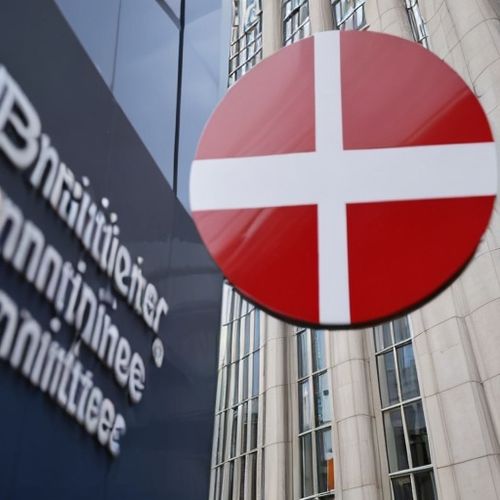
By Thomas Roberts/Apr 5, 2025
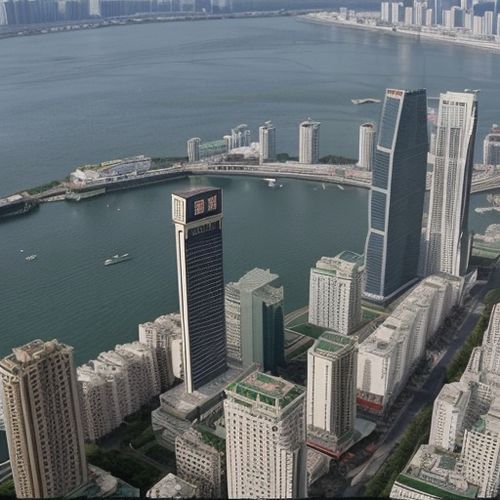
By Emma Thompson/Apr 5, 2025
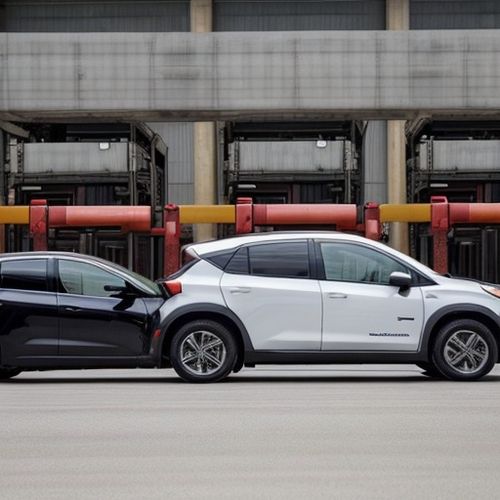
By Sarah Davis/Apr 5, 2025

By John Smith/Apr 5, 2025
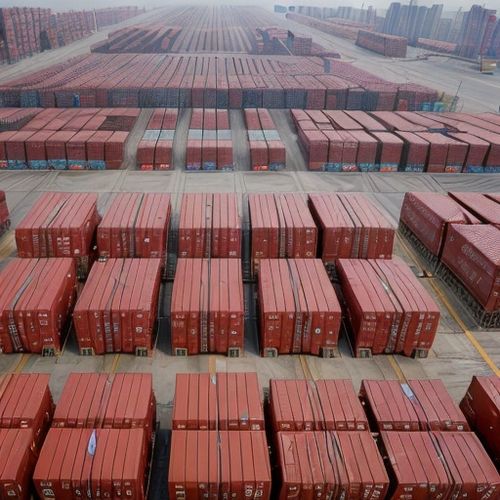
By Laura Wilson/Apr 5, 2025

By Christopher Harris/Apr 5, 2025

By Emma Thompson/Apr 5, 2025
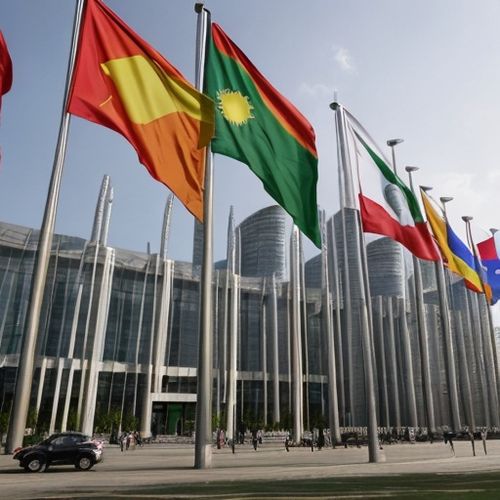
By David Anderson/Apr 5, 2025

By James Moore/Apr 5, 2025

By James Moore/Apr 5, 2025

By Natalie Campbell/Apr 5, 2025

By David Anderson/Apr 5, 2025

By Grace Cox/Apr 5, 2025

By Thomas Roberts/Apr 5, 2025

By Christopher Harris/Apr 5, 2025

By Michael Brown/Apr 5, 2025